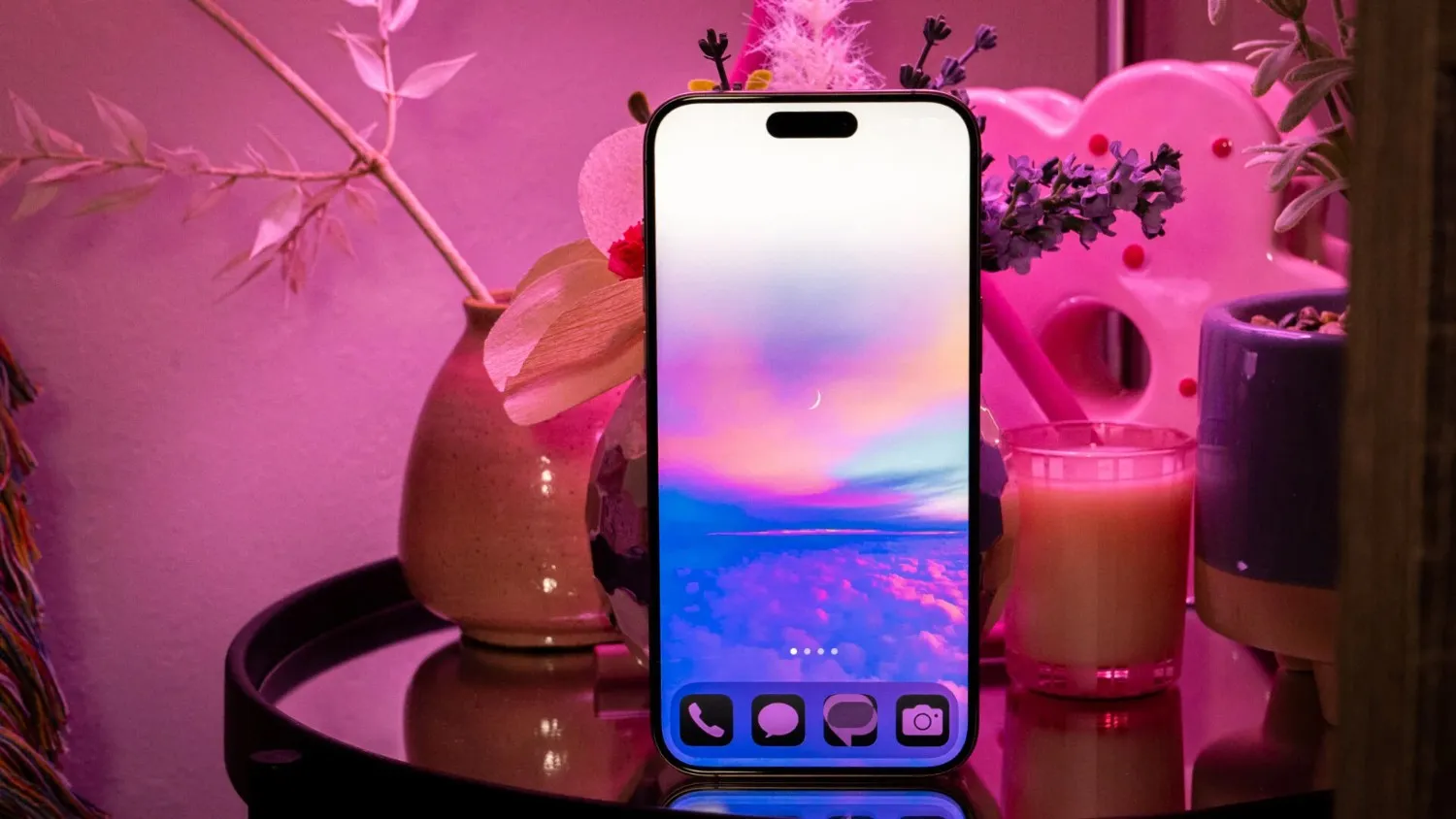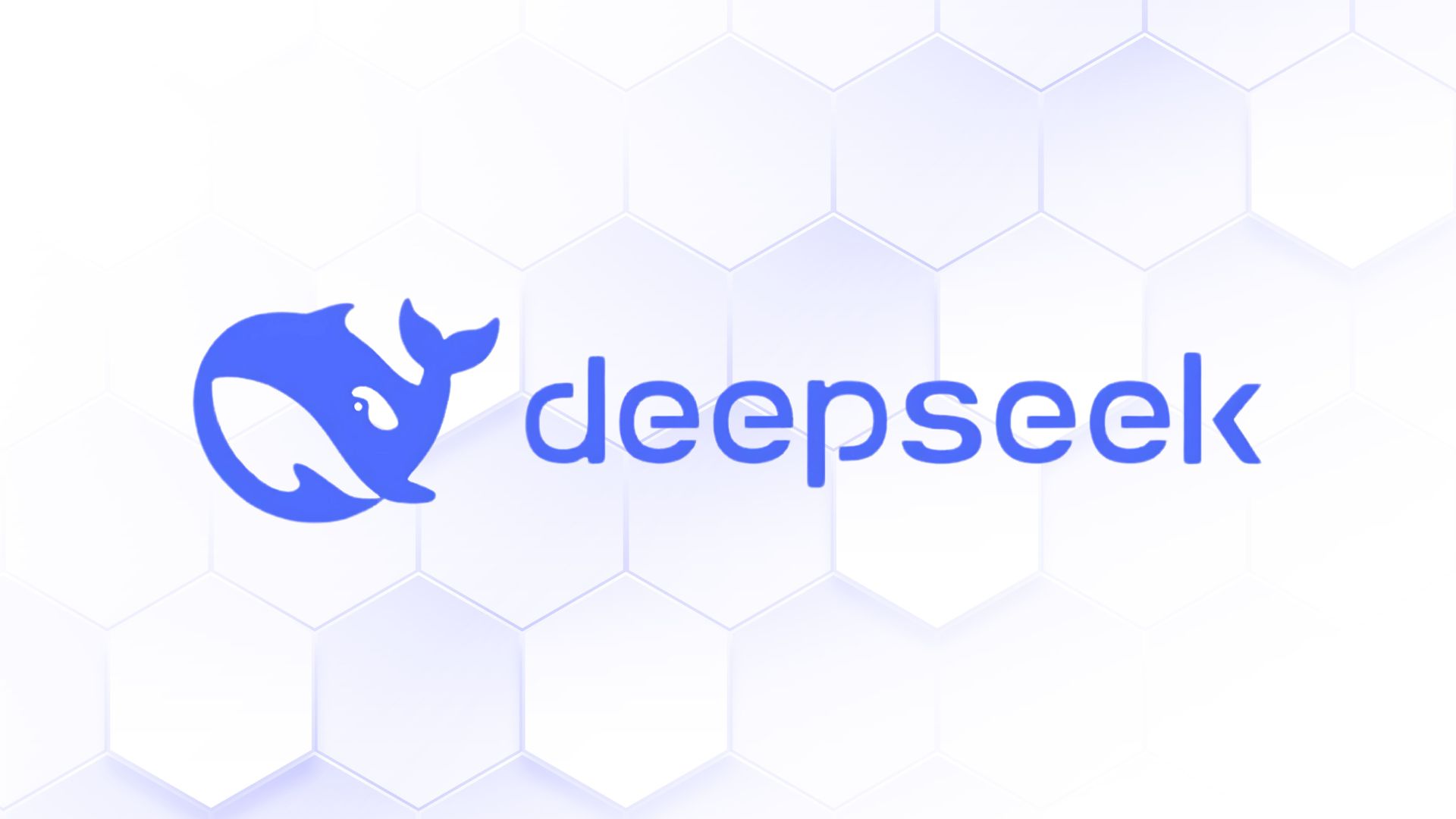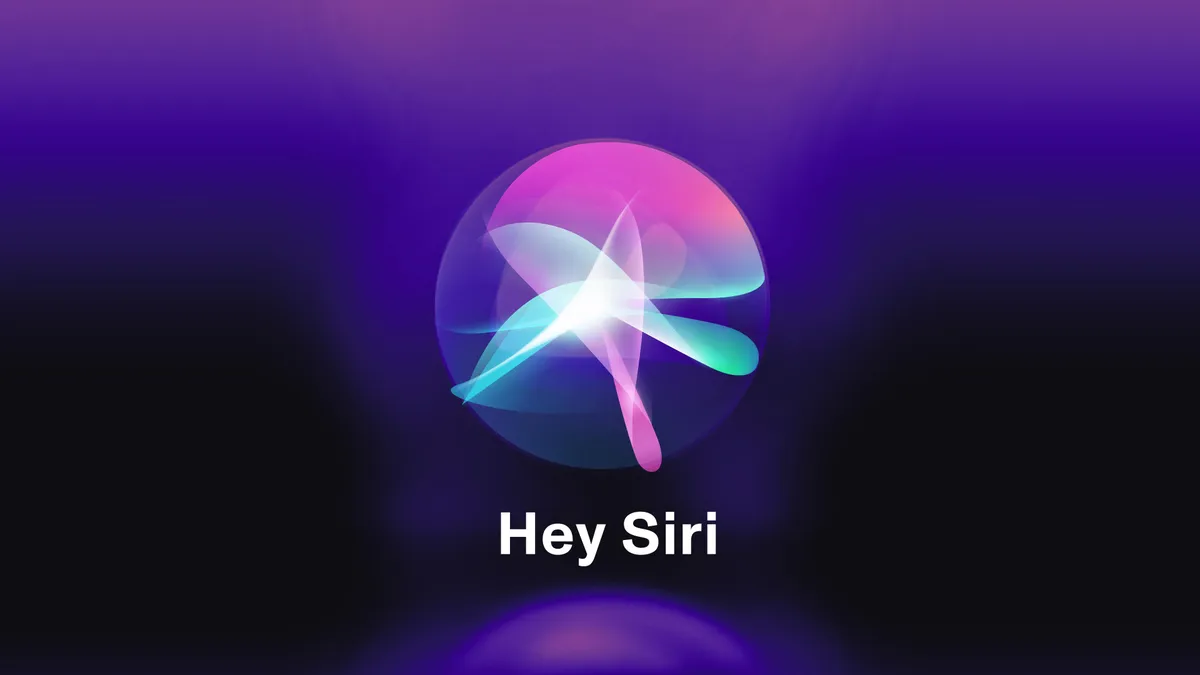In a move aimed at reassuring users about data privacy, Apple has publicly reiterated its dedication to protecting user information collected through its voice assistant, Siri. This announcement comes on the heels of a $95 million settlement in a class-action lawsuit alleging privacy violations related to Siri recordings. Simultaneously, Apple is addressing an ongoing outage affecting its Apple Cash service, causing frustration for many users.
The recent lawsuit centered around claims that Siri inadvertently recorded user conversations following accidental activations. Plaintiffs in the case alleged that snippets of these conversations were then shared with third-party advertisers, resulting in targeted ads based on private discussions. Specific examples included individuals claiming to have seen ads for products they had discussed verbally near their Apple devices, such as specific brands of shoes or restaurants, and even ads related to medical treatments discussed with doctors.
Apple has consistently denied these allegations, maintaining that Siri data has never been used to create marketing profiles, shared with advertisers, or sold for any purpose. In a statement released earlier this week, Apple explained that the settlement was a pragmatic decision designed to avoid the prolonged and costly process of further litigation, rather than an admission of wrongdoing.
To further emphasize its commitment to privacy, Apple has provided a detailed overview of the privacy safeguards built into Siri. A core element of this approach is prioritizing on-device processing. By handling as much data processing as possible directly on the user’s device, Apple minimizes the amount of information that needs to be collected and transmitted to its servers.
Apple also emphasizes that Siri searches and requests are not linked to individual Apple accounts. Instead, a randomized identifier is used to track data during processing, ensuring anonymity and preventing the association of Siri activity with specific users. This measure is designed to protect user identity and prevent the creation of individual profiles based on Siri usage.
Furthermore, Apple states that it does not retain audio recordings of Siri interactions unless users explicitly opt in to participate in a program designed to improve Siri’s performance. Even when users consent to this program, the recordings are used solely for the purpose of enhancing Siri’s functionality and are not used for any other purpose, such as advertising or marketing.
While addressing privacy concerns surrounding Siri, Apple is also currently dealing with a separate issue affecting its Apple Cash service. Users have reported widespread problems with sending and receiving money through the platform, experiencing difficulties such as infinite loading screens and error messages suggesting that Apple Cash needs to be set up even for established users.
This multi-hour outage has disrupted peer-to-peer transactions for many Apple users, sparking complaints on social media platforms. Apple has acknowledged the issue on its System Status webpage, confirming that Apple Cash has been experiencing problems since earlier today. The status update indicates that some users are affected and that Apple is working to resolve the issue.
It appears that the outage is specifically limited to Apple Cash, Apple’s peer-to-peer payment system similar to services like Venmo, Zelle, and Cash App. Apple Pay, the company’s contactless payment platform for in-store and online purchases, appears to function normally.
This confluence of events – the Siri lawsuit settlement and the Apple Cash outage – highlights the challenges large technology companies face in maintaining user trust and ensuring the smooth operation of complex digital services. Apple’s proactive approach to addressing both issues, through public statements and ongoing efforts to resolve the Apple Cash outage, demonstrates its commitment to transparency and user satisfaction. The company’s emphasis on privacy protections within Siri aims to rebuild confidence following the lawsuit, while the prompt response to the Apple Cash outage signals a dedication to restoring service functionality as quickly as possible.
Source/Via






